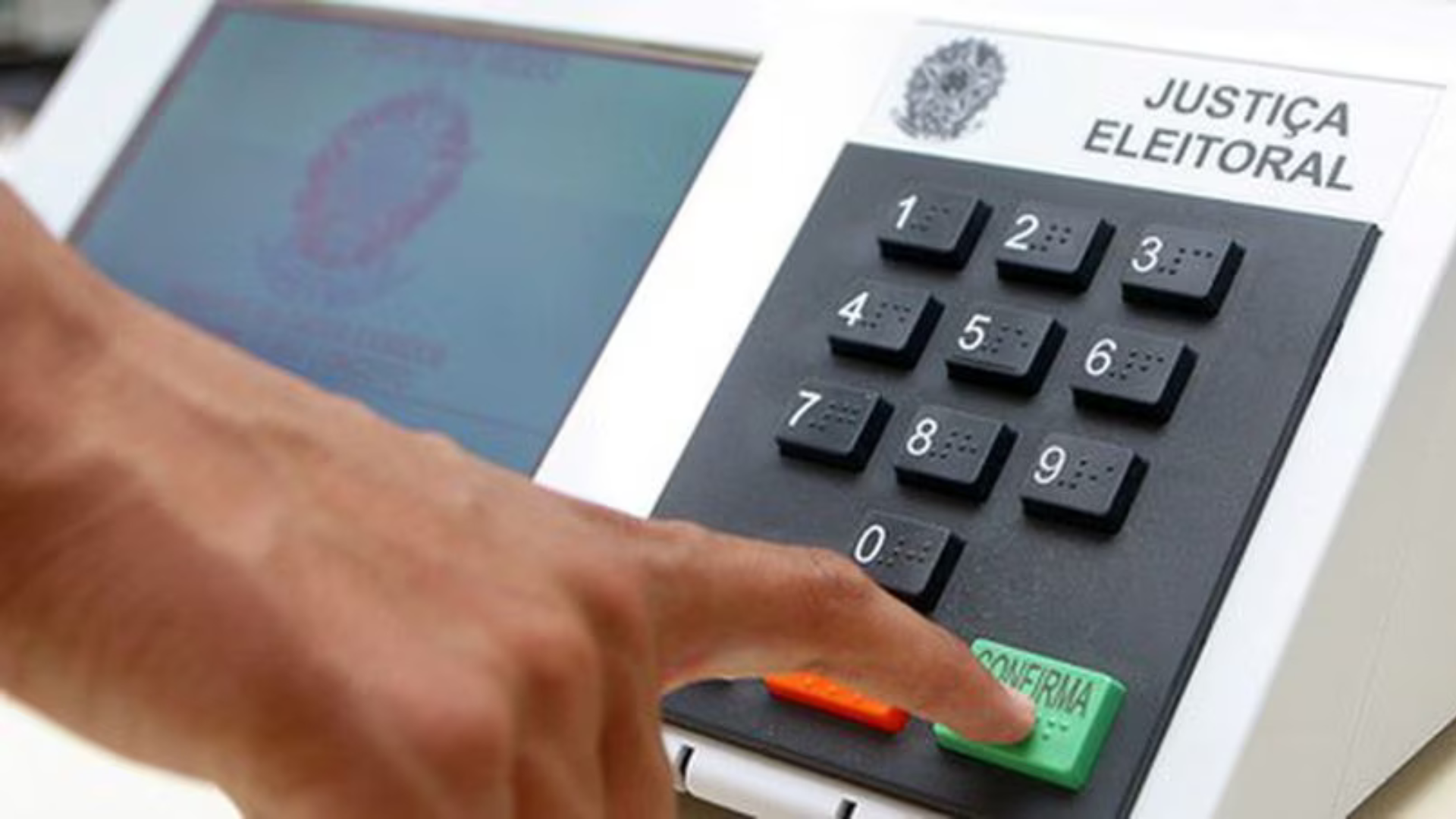
Published 02/01/2024 10:35 | Edited 02/01/2024 13:49
At least 58 countries will hold elections in 2024. The electoral calendar begins on January 7, with legislative elections in Bangladesh, and runs until December 7, when the population of Ghana votes for the parliament and executive.
Between the main elections, the United States, Russia, India, Venezuela and Mexico will go to the polls to decide their representatives in the coming years. In Brazil, the electorate participates in municipal elections.
According to AFP estimates, 49% of the world’s population will exercise the right to vote in elections in 2024. Around 30 countries will elect a president, and legislative elections are also planned in around 20 of them.
In the United States, Democrats and Republicans tend to decide the presidential race, repeating the 2020 election. This is because the 60th American elections should mark the rematch between current president Joe Biden, aged 81, and his predecessor, Donald Trump, aged 77. years.
Trump has been collecting legal defeats that could impact this year’s elections. Two states, Colorado and Maine, excluded the Republican’s name from the ballots due to the former president’s coup behavior during the elections in which he was defeated by Biden in 2020.
In Russia, current president Vladimir Putin announced, on December 8, that he will run for re-election in March. Putin has been at the head of the Executive for 23 years, since August 1999, when he was nominated for Prime Minister by then President Boris Yeltsin.
The elections are scheduled to begin on March 15th and end on the 17th.
In Ukraine, the election is scheduled for March 31, but the government may postpone it. The country’s authorities question the feasibility of getting Ukrainians to the polls in the midst of war. The population, Parliament and President Volodymyr Zelensky have already expressed their desire to postpone the election until the war comes to an end.
The Ukrainian leader requested an extension of the period of martial law while there is conflict with Russia.
In Venezuela, despite demonstrations by President Nicolás Maduro’s government to collaborate with the electoral calendar, the country has not yet defined the dates for the vote. Maduro has been in power since 2013 and, if he is re-elected, he will remain in office until 2030.
Venezuela reached an agreement with the United States to hold free elections monitored by international organizations in exchange for the end of sanctions on the South American country’s oil.
Still in the Americas, Mexico will vote for its next president on June 2. The government’s Claudia Sheinbaum, supported by President López Obrador, and the opposition’s Xóchitl Gálvez lead the polls.
Source: vermelho.org.br

